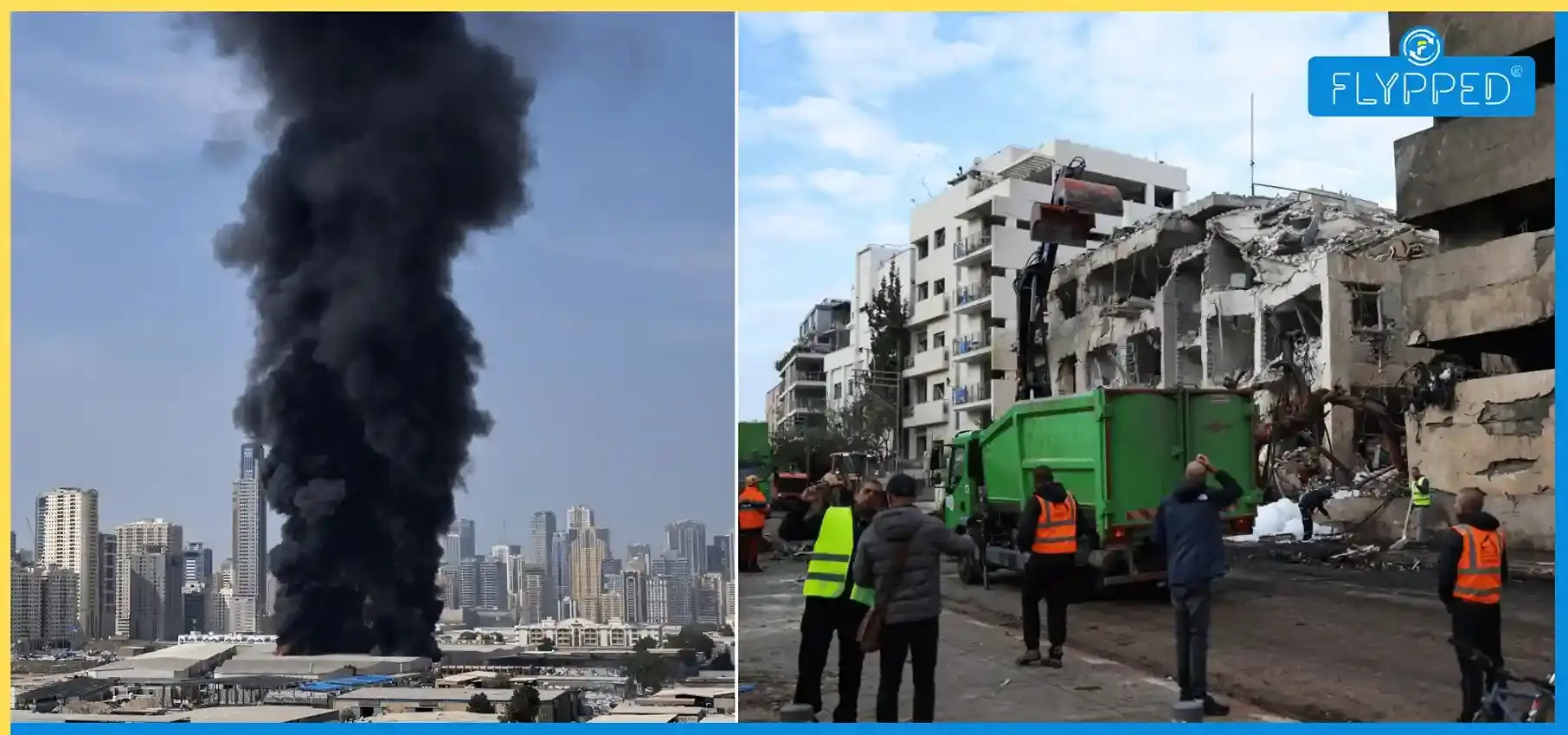Hostage crisis escalates as Netanyahu warns Hamas of extreme consequences

The ongoing conflict between Israel and Hamas has reached a boiling point as the hostage crisis continues to escalate. Israeli Prime Minister Benjamin Netanyahu has issued a stern warning to Hamas, vowing severe consequences if hostages are not released. As tensions rise, the world watches anxiously, wondering how this crisis will unfold and whether a peaceful resolution is possible.
A Crisis That Shows No Signs of Slowing Down
The latest developments in the Israel-Gaza conflict have once again brought the region into the global spotlight. The hostage situation, which began during a Hamas-led attack, has left families devastated and world leaders scrambling to find a diplomatic solution.
Despite international calls for de-escalation, the crisis has only intensified, with Israel ramping up military operations and Hamas refusing to back down. Netanyahu’s warning signals that Israel is prepared to take unprecedented action to secure the release of hostages and weaken Hamas’ influence in Gaza.
Netanyahu’s Warning
Benjamin Netanyahu has made it clear that Israel will not tolerate prolonged captivity of its citizens. His recent statements suggest that Israel is ready to take extreme measures, possibly including a full-scale military offensive, if Hamas does not comply.

During a press conference, Netanyahu stated,
"Hamas must understand that the price they will pay for this continued aggression will be unbearable. We will not rest until every hostage is returned home safely."
This warning is not just rhetoric - it reflects Israel’s long-standing policy of responding forcefully to threats against its citizens. In the past, Israel has carried out daring rescue missions and extensive military campaigns to free hostages and deter future attacks.
Why This Crisis Is So Severe
This is not the first time Israel and Hamas have clashed, but the current hostage situation makes it particularly volatile. Here’s why:
- The Number of Hostages – Reports indicate that dozens of individuals, including civilians and soldiers, remain in Hamas’ custody. The longer they are held, the greater the pressure on Israel to take drastic action.
- Public and Political Pressure – In Israel, families of the hostages are demanding urgent action, and the public expects the government to deliver results. Netanyahu’s leadership is under intense scrutiny, and failure to resolve the crisis could have political consequences.
- International Involvement – Countries like the United States, Egypt, and Qatar are trying to mediate, but their efforts have yet to yield concrete results. The longer the crisis drags on, the more difficult it becomes to find a peaceful solution.
- Potential for a Larger War – If Israel follows through on its threats, the conflict could escalate beyond Gaza, drawing in other regional players like Hezbollah in Lebanon or Iran, further destabilizing the Middle East.
Hamas’ Response
Hamas, the militant group that controls Gaza, has responded defiantly to Netanyahu’s warnings. Leaders of the group have made it clear that they will not release hostages unless their demands are met, which reportedly include the release of Palestinian prisoners and an end to Israeli military operations.
Hamas’ spokesperson recently stated,
"Israel’s threats will not intimidate us. Any attack will be met with a response that they are not prepared for."
This suggests that Hamas is willing to use hostages as bargaining chips, making the situation even more complicated. Israel, on the other hand, has consistently maintained that it does not negotiate with terrorist organizations, making direct talks unlikely.
International Reactions
The hostage crisis has sparked global concern, with world leaders urging both sides to seek a peaceful resolution.
- The United States – President Joe Biden has reaffirmed support for Israel’s right to defend itself but has also urged Netanyahu to consider diplomatic solutions. Washington has been actively involved in backchannel negotiations to secure the hostages’ release.
- The United Nations – The UN has condemned the taking of hostages and called for an immediate ceasefire to prevent further civilian casualties.
- Arab Nations – Countries like Egypt and Qatar are playing a key role in trying to mediate, but their influence over Hamas remains limited.
Despite these efforts, no breakthrough has been achieved, and the situation remains dangerously unpredictable.
Explore the latest news updates on Flypped News
- Kuwait–Hyderabad IndiGo Flight Diverted to Mumbai Following Human Bomb Alert
- India’s Indigenous Fighter Tejas MK-1A Soars, Rivals Take Note
- Putin Praises Narendra Modi Amid Ongoing Trade Tension With US
- Delhi Red Fort Blast: 13 Dead, Amit Shah Calls High-Level Review Meeting
What Happens Next? Possible Scenarios
The outcome of this crisis depends on several factors, including military strategy, diplomatic efforts, and public pressure. Here are some possible scenarios:
Israel Launches a Major Military Operation
If diplomatic efforts fail, Netanyahu may authorize a large-scale military offensive to weaken Hamas and force the release of hostages. However, this could lead to significant casualties on both sides and provoke a wider regional conflict.
A Hostage Exchange Deal
Although Israel has a policy of not negotiating with terrorist groups, it has, in the past, engaged in prisoner exchanges. A deal could be reached through mediators, but it would require Israel to make difficult concessions.
International Pressure Forces a Ceasefire
If global powers like the U.S. and the UN increase diplomatic pressure, both sides may agree to a temporary ceasefire, which could allow for hostage negotiations. However, ceasefires in this region have historically been short-lived.
A Prolonged Standoff
If neither side is willing to compromise, the crisis could drag on for weeks or even months. This would lead to continued violence, economic instability, and humanitarian suffering in Gaza and Israel.
The Human Cost of the Crisis
Beyond the political and military implications, this crisis is taking a devastating toll on civilians. Families of the hostages are living in anguish, unsure of their loved ones' fate. Meanwhile, civilians in Gaza are bearing the brunt of Israel’s military response, with reports of increasing casualties and displacement.
The longer the crisis continues, the higher the human cost, making a resolution all the more urgent.
Conclusion
The hostage crisis between Israel and Hamas is a dangerous and deeply emotional conflict with no easy solutions. Netanyahu’s warning of extreme consequences highlights Israel’s resolve to protect its citizens, but Hamas’ defiance suggests that a peaceful resolution is far from certain.
As the world watches, one question remains: will diplomacy prevail, or is a larger conflict inevitable? The coming days and weeks will be critical in determining the fate of the hostages and the future of the region.
If you want to read more latest news visit Flypped News Portal.
Click to read the full article





